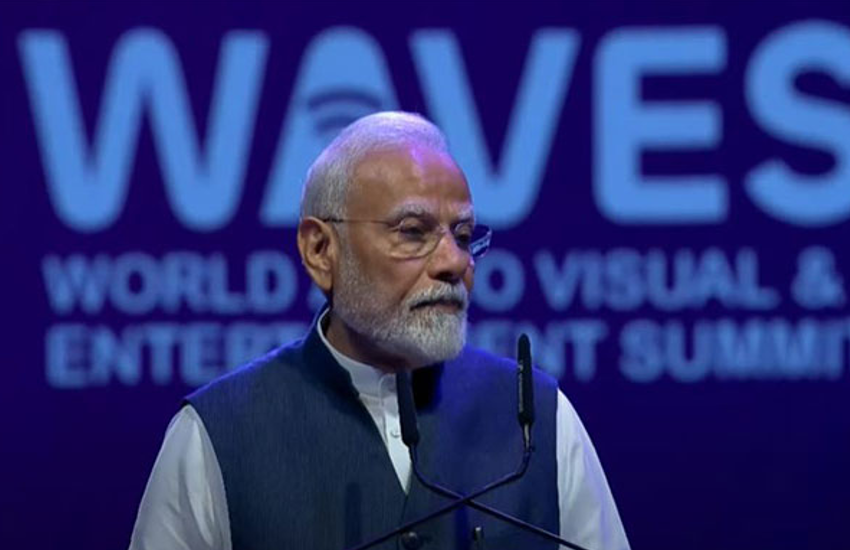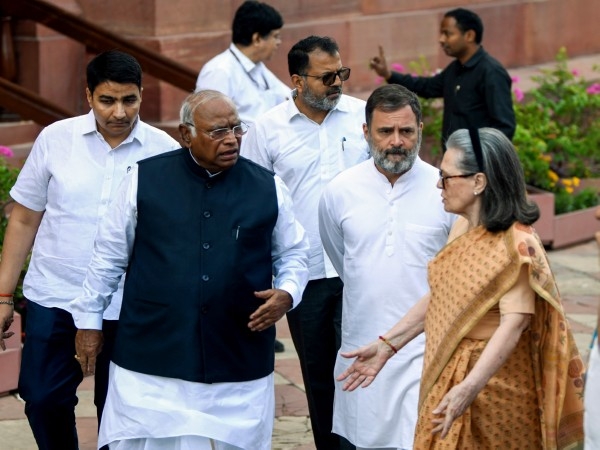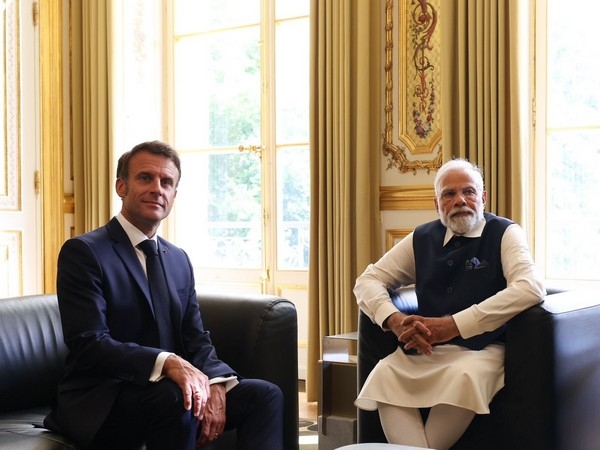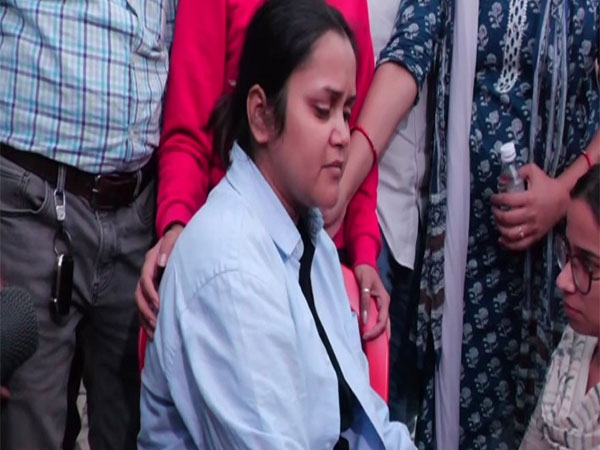#CensorshipReform: Is Shyam Benegal's review panel just eyewash?

It seems to be a relief that the government has moved to rein in Pahlaj Nihalani and his band of merry censors. It has set up a six-member Expert Committee, led by veteran filmmaker Shyam Benegal, to review the country's censorship laws and procedure.
This was long overdue. The shenanigans of Nihalani's Censor Board, most infamously the deletion of half of a kissing scene in the movie Spectre, had become jaw-droppingly absurd.
Also read - Censor Board chief Pahlaj Nihalani's work broken down in numbers
Now, the big question is this: is reform of India's censorship regime on the cards?
Sadly, given the fate of similar committees in the past, the sense of relief seems misplaced. Moreover, the Benegal committee's very composition casts doubts on its credibility.
The problem is compounded by the NDA regime's contradictory actions. On one hand, I&B minister Arun Jaitley is ostensibly supporting certification of films and not censorship, while on the other, the government is fighting a court battle to defend an act of censorship.
Giving in
The last time the government sought an expert panel's views on film censorship was in 2013. Justice Mukul Mudgal, a retired Delhi High Court judge, along with the then CBFC chairperson Leela Samson and a member Sharmila Tagore drafted a report and a Cinematograph Bill, 2013. The panel had spent a year meeting various stakeholders and holding discussions and deliberations.
However, the report as well as the proposed legislation came in for sharp criticism from filmmakers and experts. Their primary contention was that the committee, while doing some good by recommending non-arbitrary measures for appointing members to the Censor Board, had given vast powers to the government.
Also read - New Modi bhajan produced by censor board chief Pahlaj Nihalani
The panel had, for instance, favoured the Centre to retain the power to prohibit public screening of a film even after it had been cleared by the censors.
The scope for abusing such power is quite clear - as we saw in August, when, at the behest of the IB and the Punjab units of the BJP and Congress, the Centre cancelled the censor certificate of a film on the lives of Indira Gandhi's assassins.
Absence of documentary makers on panel exposes Benegal and NDA's lack of sincerity: Pankaj Butalia
Vijay Anand, the maker of many a Bollywood classic, was the Censor Board chief in 2002. He clearly articulated his distaste for prudishness, and went on to suggest that instead of banning adult films, the censors should give them a separate category of classification, so that viewers can make up their minds on what to watch and what not.
So alarmed was the government at this suggestion that Sushma Swaraj, then the I&B minister, publicly stated that such "vulgar" proposals would never be accepted. Anand resigned the very next day.
No big deal
The first serious efforts at censorship law reform were made in 1969, when a Parliamentary Committee under GD Khosla, a retired chief justice of Punjab High Court, came up with some radical proposals.
The committee argued against any restrictions on the freedom of expression, except on the grounds permitted under Article 19(2) of the Constitution, and repudiated any government control over the Censor Board. It proposed that the Censor Board must have the last word on which films get screened.
But the Khosla panel's most "explosive" suggestion was this: "No court of law will hold that a kiss by itself, irrespective of the circumstances in which it takes place or the individuals between whom it's exchanged, is indecent or immoral."
Cinematograp Bill, 2013 drafted by Mukul Mudgal's panel was panned for giving the state too much power
"In the same way, nudity of the human form may or may not be indecent. If there is, for instance, a brief shot of a woman undressing and entering a bathing pool, as in the film The Visit, no suspicion of indecency or immorality attaches to the shot which is relevant to the story."
The report kicked up a storm, with the panel receiving hundreds of angry letters. The wave of outrage even prompted the magazine LIFE to publish cover story headlined "India's Kissing Crisis".
Not unsurprisingly, the recommendations were put in cold storage, where they remain to this day. Clearly, the Indian state's impulse for censorship is too strong to allow any space for reform.
Also read - The State is trying to create a monoculture: Anand Patwardhan
Devil in the details
Then there's the question of the new panel's credibility, with Benegal himself queering the pitch. While insisting that he is avowedly against censorship, he has said that filmmakers should exercise restraint and caution so that their creations do not run into the censors' scissors.
This contradiction in Benegal's stance has left many filmmakers, especially documentary makers, who have borne the censorship's brunt, flabbergasted.
Pankaj Butalia, who is battling the government to get his documentary on Kashmir released, is quite critical of Benegal, who he feels is too deferential to the government. He also believes that not having a single documentary maker on the panel exposes both Benegal and the government's "lack of sincerity" to bring about any significant structural change.
Anand Patwardhan, the only documentary maker to take the state to court, and win, every time his films have been censored, is more critical than even Butalia.
He dismisses the entire exercise as an "eyewash". The government was spurred into action, he says, only because of the hue and cry over acts of "intolerance". And Bengal's panel, Patwardhan argues, is only meant to "make the unpalatable appear palatable".
More in Catch - Censor & Sensibility: the films likely to offend Pahlaj Nihalani in 2016
Why did Censor board ban the film on assassins of Operation Blue Star head Gen Vaidya?
Shyam Benegal to head committee to revamp Censor Board: Here's why Bollywood can't be happier






![BJP's Kapil Mishra recreates Shankar Mahadevan’s ‘Breathless’ song to highlight Delhi pollution [WATCH] BJP's Kapil Mishra recreates Shankar Mahadevan’s ‘Breathless’ song to highlight Delhi pollution [WATCH]](https://images.catchnews.com/upload/2022/11/03/kapil-mishra_240884_300x172.png)

![Anupam Kher shares pictures of his toned body on 67th birthday [MUST SEE] Anupam Kher shares pictures of his toned body on 67th birthday [MUST SEE]](https://images.catchnews.com/upload/2022/03/07/Anupam_kher_231145_300x172.jpg)






